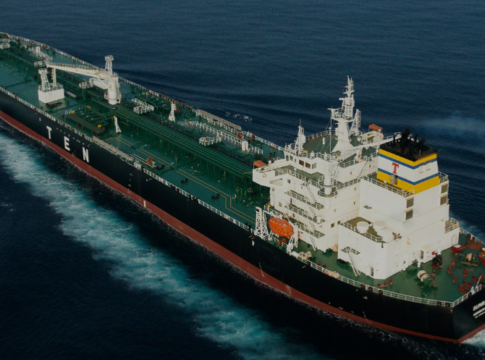A cascade of negative political reactions greeted a surprise reference by outgoing foreign minister Nikos Kotzias, as well as his successor, Prime Minister Alexis Tsipras, of a pending expansion of Greek territorial waters from six nautical miles to 12 – but only in the Ionian Sea.
The initial reactions by Parliament-represented parties, including main opposition New Democracy (ND), referred to a hasty, irresponsible and potentially dangerous change in the country’s foreign policy, something effected only for public relations purposes.
Under the United Nations Convention on the Law of the Sea (UNCLOS), Greece – a signatory to the treaty, along with every other EU country – has a right a to extend its territorial waters to 12 nautical miles. Nevertheless, such a prospect risks a major escalation of tensions in the Aegean with Turkey, where as Turkish assembly vote to threaten war in such a case still stands. Turkey, a perennial EU candidate state, is alone in Europe in not signing, let alone ratifying UNCLOS
The two men made the comment during a handover ceremony on Saturday morning at the foreign ministry in Athens, days after Kotzias resigned after a bitter row with Defense Minister Panos Kammenos over the Prespa Agreement. Tsipras assumed the portfolio himself, preferring to see Kotzias – the architect of the accord on the Greek side – depart the Cabinet rather than risk a political fallout with the controversial Kammenos, who props up the shaky coalition government with his small right-wing party.
In a first reaction, ND deputy and shadow minister Giorgos Koumoutsakos said the current government’s handling of foreign policy is dangerous for the country.
Taking to Facebook, former foreign minister and PASOK party leader Evangelos underlined that extending territorial waters only in the Ionian Sea – west of mainland Greece – risks lending legitimacy to Turkey’s “exceptionalist” arguments. He pointed to Turkey’s long-standing claims of “special conditions” in the Aegean, as well as another exception employed by Ankara, namely, having different territorial waters in different seas.














